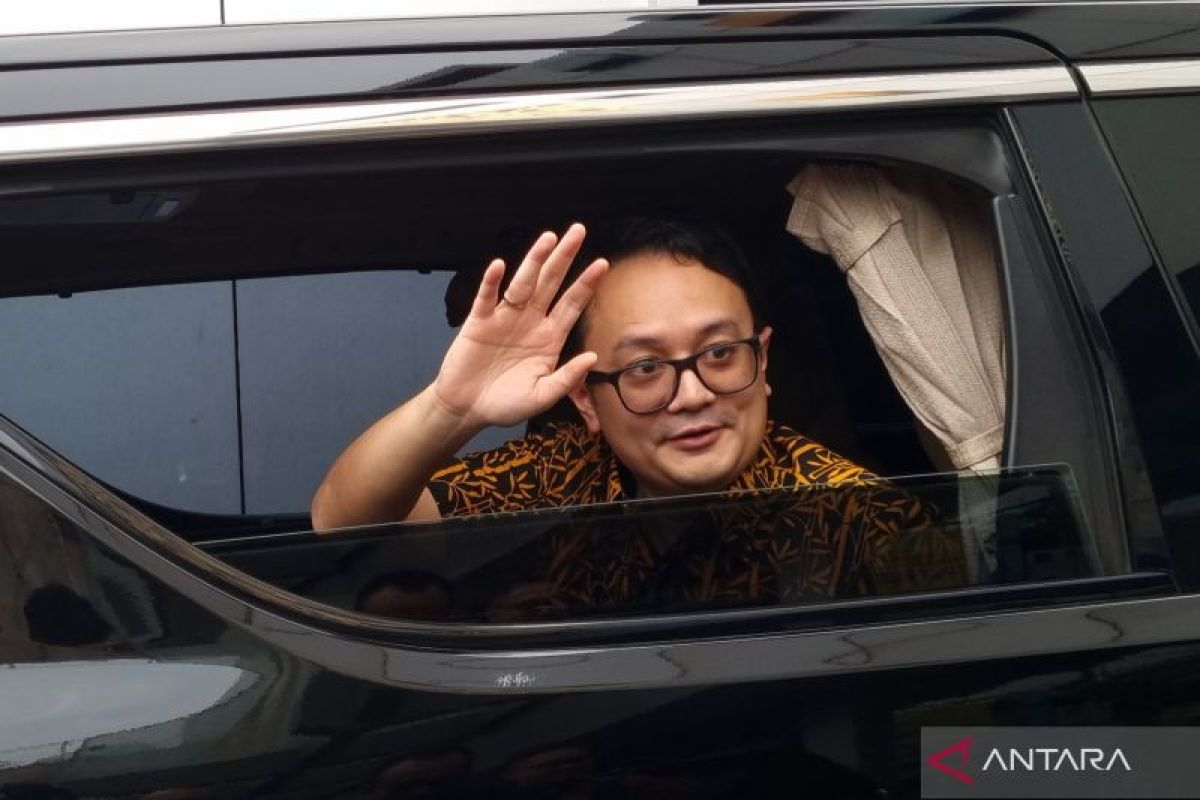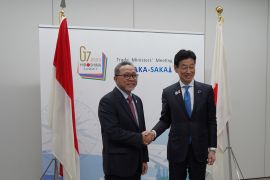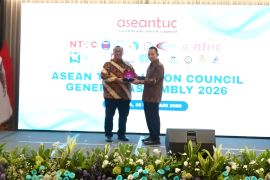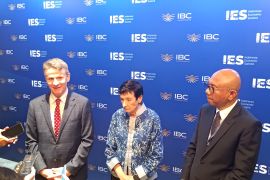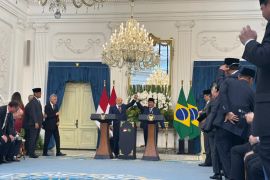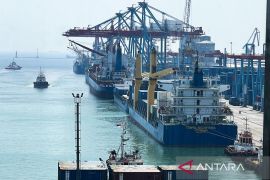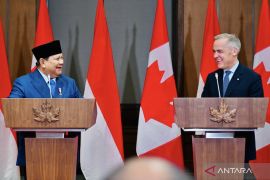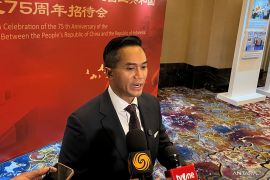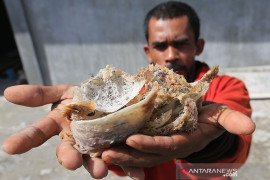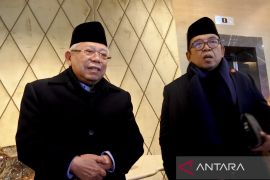"Knowing the lengthy negotiation process, we hope that business actors will be able to make the most of the IJEPA, as opportunities to broaden access to markets in the two countries are wide open," he noted in a statement on Friday.
Sambuaga remarked that Indonesia and Japan are currently in the legal scrubbing stage and formulating the final draft of the protocol aimed at bringing changes to several chapters of the IJEPA.
The targeted chapters include Trade in Goods, Trade in Services, Electronic Commerce, Movement of Natural Persons, Cooperation, Intellectual Property, and Government Procurement.
He said that the IJEPA, signed on August 20, 2007, and entered into force on July 1, 2008, constitutes an instrument that proves the close trade and investment ties between Indonesia and Japan.
During the 2019–2023 period, Japanese investment in Indonesia totaled US$18.3 billion, with energy, automotive, and property being the most prominent contributing sectors.
Sambuaga underscored the need for Indonesia and Japan to continue to aim for a higher level of cooperation in tackling global issues.
"The two countries can collaborate to fulfill Japan's needs for biomass materials, such as palm kernel shells and wood pellets," he pointed out.
Last year, Indonesia's exports of palm kernel shells to Japan reached US$550.98 million, or 40 percent higher than the value recorded in 2022.
Meanwhile, Indonesia's wood pellet exports to Japan in 2023 were valued at US$10.2 million, an increase of 45 percent from that of 2022.
Apart from the energy sector, Indonesia has also been contributing to food provision in Japan, a country that resorts to imports to meet 60 percent of its food needs.
Related news: Indonesia, Japan discuss change to IJEPA Protocol
Related news: Indonesia, Japan seek to strengthen trade, economic ties
Translator: Maria C, Tegar Nurfitra
Editor: Anton Santoso
Copyright © ANTARA 2024
